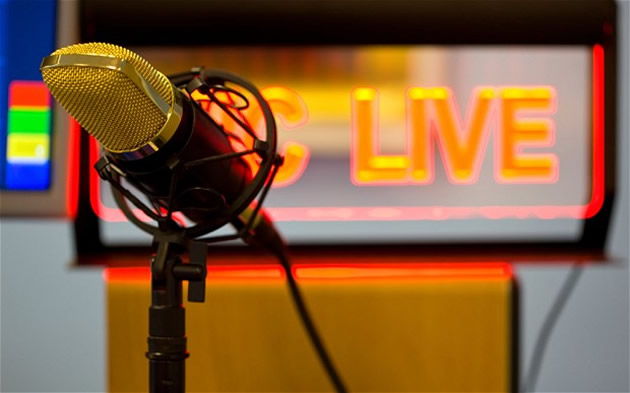Musicians should not be exploited

 Fred Zindi Music
Fred Zindi Music
Recently, I was confronted by one artiste, whom I shall not make mention of, asking why I had not written a story about his new CD he had given me two months ago.
I said to him I had not realised that he had given me the CD in order to have a story written. He started to get abusive, “You think I will go to the recording studio, pay for the recording, pay session musicians and pay to have CDs pressed so that I can give you a free CD? If that is what you thought, Mr Zindi, you are out of your mind!”.
I responded by telling him that had he tried to sell the CD to me I probably would have bought it, but he had given it to me without any instructions.
“Okay, how much do you want for you to give me coverage in the paper? I gave one journalist $50 and he did a poor coverage of it, but I know you can do a better job”.
I told him to come and get his CD back. He is yet to come.
Well, we live in a world where some people think they can buy other people for a fee. Sorry, I will not be blackmailed through a CD.
Music writers are often courted by musicians to provide coverage of their new CD releases or performances at concerts. The writers are accorded free access to these music concerts and this necessarily colours their responses to the musician. Thus the writers will paint a positive picture of the musician and will withhold any information which they perceive to be harmful to the musician and his interests. These types of relationships are not immune from bias in favour of the musician.
Corruption has infested many media houses. Writers in some circles are prone to seeking bribes in order to report favourably on artistes. Some report favourably in order to gain free entrance at the artiste’s concerts others simply do it for money.
There are articles written about some artistes which might not be desirable because the artiste failed to pay a bribe. The writers will justify it by saying he was giving constructive criticism.
There are also some writers whose mission it is to find tit-bits of scandal about certain popular musicians. I have not yet established the motive behind this. People I asked gave me a variety of reasons. Some say that the reporters are just jealous and would like to bring the popular artiste down while others say it is done in order to boost newspaper sales.
Bribe-seeking in exchange for newspaper coverage certainly occurs among some corrupt music writers who are poorly paid. They do this in order to enhance their earnings. All this is unethical.
The bribery scam is not only found in the print media, but also in the electronic media. New artistes often cry for airplay and want close association with radio DJs in order to get favours for their music. Some go out of their way to pay bribes to the DJs. Others who offer bribes indirectly and buy the DJs lunch.
There is a story of one violent musician who went to beat up a radio DJ who had promised to give the musician airplay in exchange for $100.
The musician kept his ears glued to the station for six weeks but he did not hear his music being played. He confronted the DJ and screamed at him, “My mother is suffering in the rural areas. I can’t even send her any food because you have taken my $100. If you had played my music, sales would have been boosted and I would have been able to give my mother something. My friend, you don’t eat up my money just like that.” Before the DJ could reply, he had received a whacking from this angry musician.
I have met a number of musicians who have told me they have failed to receive airplay due to non-payment to pay DJs while the print media does not give them fair coverage.
The relationship between media and artistes is a symbiotic one. Artistes rely on newspaper or radio audience to get exposure. The media (especially radio) relies on the artiste’s fan base and work to build an audience. If artistes stop producing music the media will no longer have content to share with its audience.
With the advent of social media the position newspapers and radio play in this relationship has become less important.
Artistes no longer need a coin to be recognised, they can reach their audience directly through alternative social media such as Facebook, Instagram and Twitter. In cities such as Harare, Bulawayo, Gweru and Mutare, artistes enjoy attention from audiences when their music is played in combis or buses.
An artiste can survive without a blog — A blog however, cannot survive without artistes.
Musicians I spoke to felt that polarisation of the media in Zimbabwe has helped in curtailing musicians’ right to be heard.
He also said individual journalists were responsible for curtailing the freedom of musicians:
“The arts journalists should learn to give fair coverage to all musicians because we cannot have a situation where some musicians can only receive positive coverage from a particular section of the media while the other section gives them negative coverage.”
All journalists including those who write about music, are required to follow a code of ethics during the acquisition of newsworthy information and its subsequent dissemination to the public.









Comments